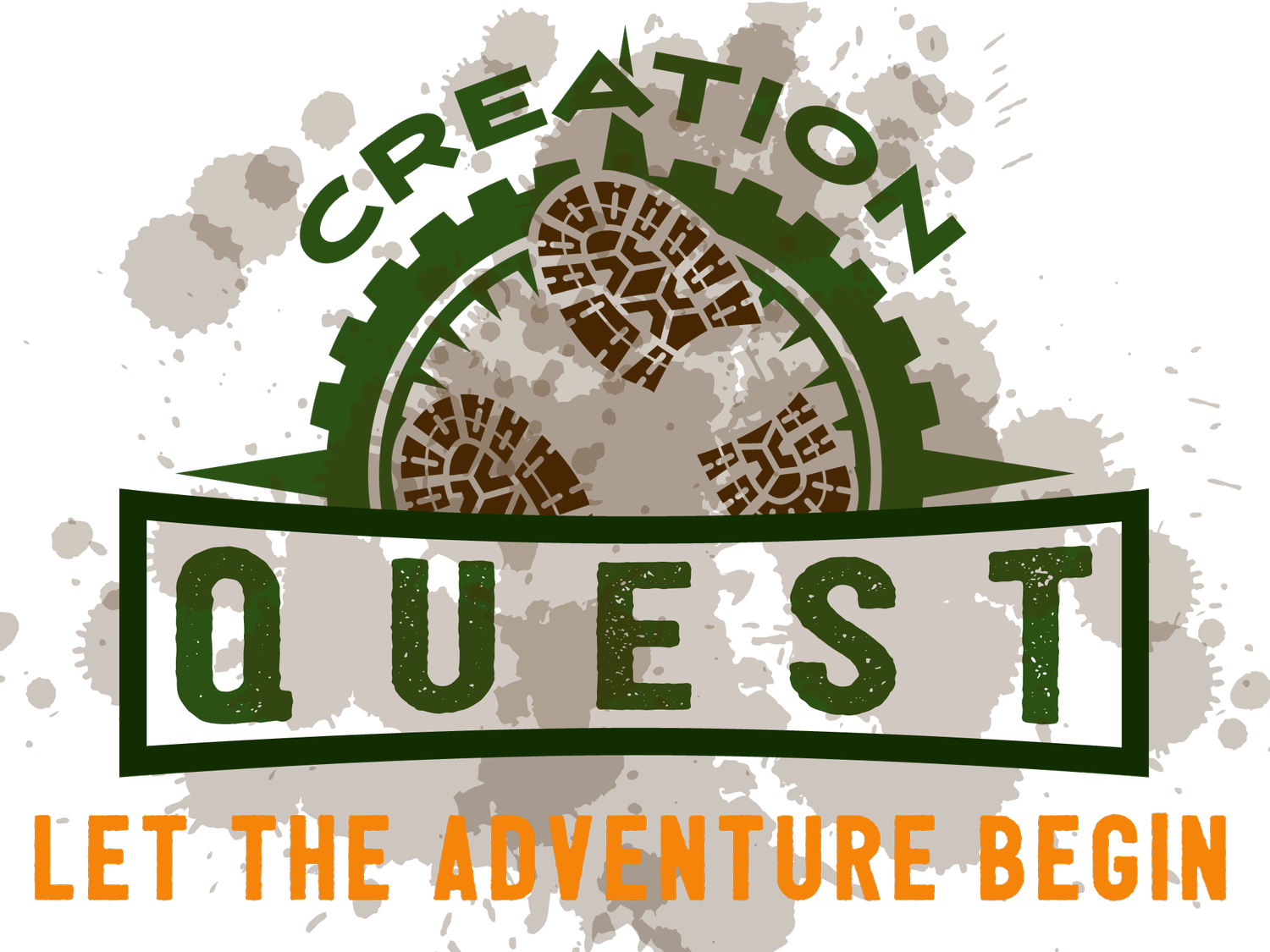Discerning truth from an... interesting perspective (opinion) or Fact from fiction.
So, who wants to be a smart homeschool mom? "Me! Me!" I say. Okay, I guess humble is better, but it's always nice have a game plan which causes your children have a little confidence in you. Well, here's a way to inspire a little critical thinking in your kids and actually come off like you know what you're talking about:
When you're reading anything, from classical literature, to biographies, to the news, to the latest scientific discovery, ask your kids to sort our the facts from the assumptions.
My Google dictionary defines an assumption as: ' a thing that is accepted as true or as certain to happen, without proof.'
Did you get the "without proof" part? So often in an article assumptions are added to facts, or sometimes replaced as facts.
We're used to doing this in historical fiction. We may say, "Okay, this story happened in the 1800's and it's about factories, but what's true and what's fiction?" Or, "How does what the author thinks about the subject come into play?" In other words, what is the writer assuming as true, with little or no evidence.
Likewise, in biographies, we know to have a critical eye out for how the authors opinion of that person influences what is being written about the main subject.
But often, with science, we just either completely avoid it and are afraid to look at it and just shake our head and wait for someone "smarter" to debunk it. Or, if it's more subtle, perhaps we accept as fact something that's totally wrong. If you're like me it might stem from a fear that a text book or article will convince me of something even if I know it's wrong, or worse, it'll convince my kids. But the beauty of exposing the assumptions is that we start to see that it's not just stark, clinical evidence that proves an agenda. So let's be the brave mom and boldly go where others are afraid to go and look for the assumptions in the scientific headlines coming our way.
